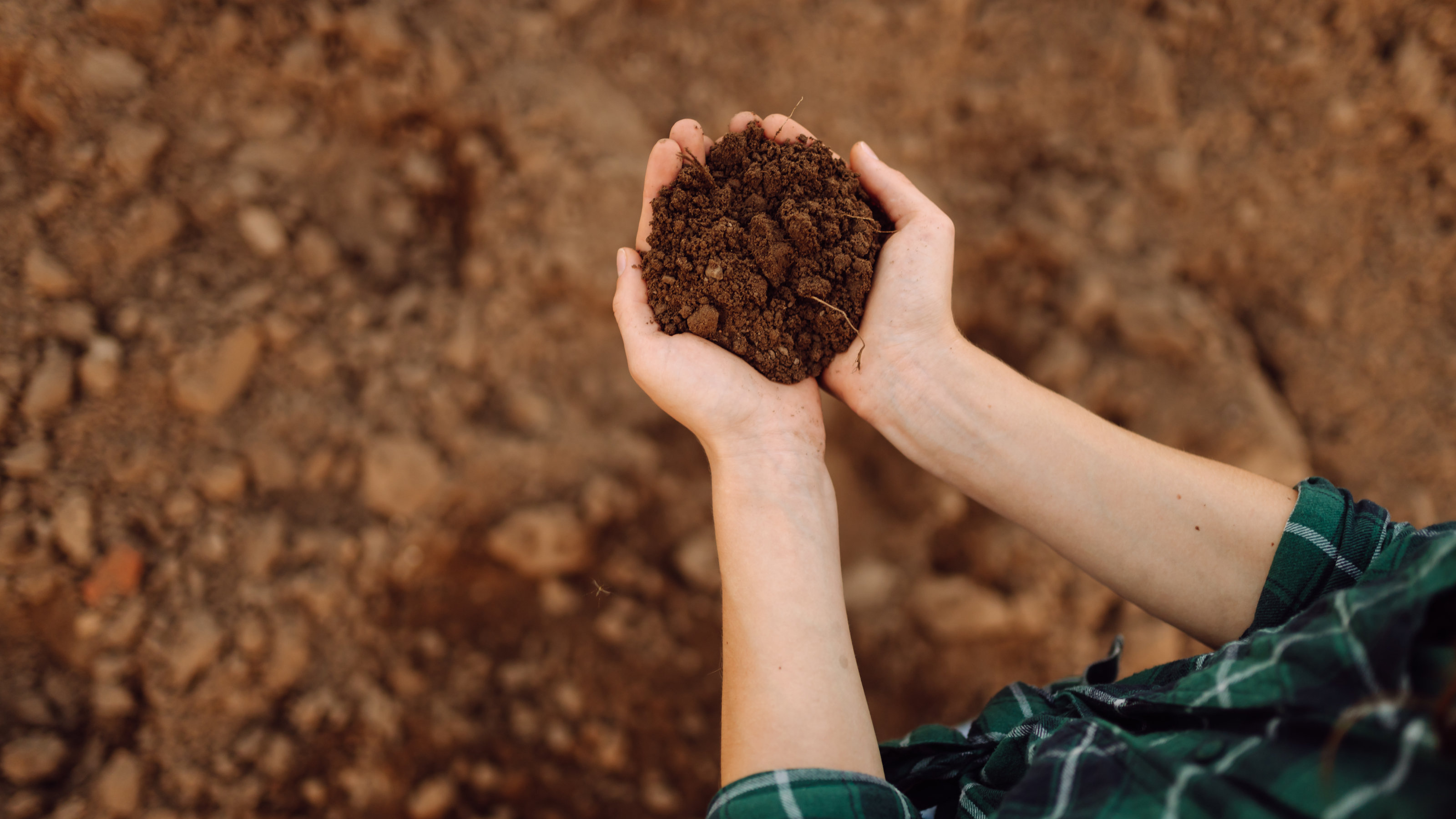Garden Soil Preparation: Tips For Improving Garden Soil
Good soil is key for a healthy garden and learning how to improve soil is important for every gardener. Let's dig into common soil problems and how to fix them.


Poor soil grows poor plants. Unless you drew the lucky card and have a garden full of black gold, you'll need to know how to improve the soil. Improving garden soil is an ongoing process as plants leach nutrients, leaving the soil inadequate for their needs. Whether your soil is nutrient deficient, compacted, heavy clay, or any other issue, here's a little soil amendment info to get you started.
Soil Amendment Basics
Soil amendment can be as simple as mixing in leaf litter or it can be as complicated as running drainage pipes. The condition of your soil needs to be adequate for sustaining plant needs.
Compact or hard soils are actually great for starting a lawn, as long as you add a little sandy topsoil if starting from seed. Plants like fruits and vegetables, however, need loose, nutrient-rich soil with plenty of organic amendments added every year. There is no rule on the best soil for gardens, but there are some basic guidelines and some easy fixes.
How to Improve Soil
In most cases, the need for amending soil arises from having poor, compacted soil or nutrient-deficient soil. Here are some general tips on improving your soil:
Poor, Compacted Soil
Dense, hard soil may be the result of construction or simply little ones running across it constantly in play. The depth of compaction is important to know how to deal with it. If you have very deep, hard areas, you may have to rent equipment to dig it up and loosen it.
Loosen the soil to a depth of at least 12 inches (30.5 cm.) for most plants and up to 2 feet (0.5 m.) for trees and larger specimens. Garden soil preparation by manually shoveling is usually sufficient in most cases. Once the soil is loose, you may need to add several inches (7.5-13 cm.) of compost or fine bark to keep it loose and workable.
Nutrient Deficient Soil
Improving garden soil is imperative for a bountiful garden. Organic matter is the best soil amendment because it breaks down naturally to release nutrients for plant uptake. Some of the best items to use are:
Sign up for the Gardening Know How newsletter today and receive a free copy of our e-book "How to Grow Delicious Tomatoes".
- Compost
- Leaf litter
- Clean hay or straw
- Seedless weeds
- Crop residue
- Sphagnum moss
- Peat moss
- Pine needles
- Grass clippings
- Wood shavings
- Dust and aged manures
Garden soil preparation with these items works best if they are dug into the soil to a depth of 6 to 12 inches (15-30 cm.). You can even save your kitchen scraps to work into the soil but avoid meat, bones, and fat. Cover crops provide “green manure” to work into soil in spring for an extra shot of nitrogen and increased soil percolation.
Mixing the Best Soil for Your Garden
There isn't an actual recipe for soil; however, it needs a good balance of macro-nutrients and micro-nutrients, should drain freely, and have a balance of carbon to offset the nitrogen. Acid and alkaline soils can be amended with lime to sweeten the soil and sulfur to increase the acidity. Wood ash and oyster shells also naturally make acidic soil more neutral. Test kits are available at most garden centers to see if your soil is high or low in pH.

Bonnie Grant is a professional landscaper with a Certification in Urban Gardening. She has been gardening and writing for 15 years. A former professional chef, she has a passion for edible landscaping.